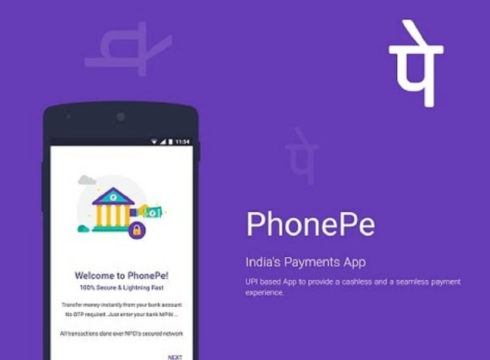SUMMARY
PhonePe is looking to start offline KYC for its users
PhonePe will use its existing base of 8K agents for this
The company already hires agents to onboard offline merchants on PhonePe
Inc42 Daily Brief
Stay Ahead With Daily News & Analysis on India’s Tech & Startup Economy
In an attempt to play it safe, Flipkart-owned digital payments company PhonePe is looking to start offline KYC for its users.
The company’s CEO Sameer Nigam reportedly said that the company is planning to start a pilot to do physical KYC of customers using its existing agent base of 8,000 people. These agents are already working for the company to onboard offline merchants on PhonePe.
The fintech companies which relied on Aadhaar-based eKYC process for customer onboarding have had to halt KYC processes after the Supreme Court struck down Section 57 of the Aadhaar Act in 2018. Due to this, private companies lost the authority to access Aadhaar details of the users. Since then the players have been looking for alternatives to comply with the KYC directive.
The online payment companies have been requesting the authorities to come up with an alternative plan for completing the KYC process. Earlier it was reported that the central government and the RBI are considering the use of an ‘offline Aadhaar’ verification system which will operate on QR codes instead of biometrics.
In February, amidst the ongoing debate on using Aadhaar for KYC processes, Reserve Bank of India has extended the deadline for full KYC compliance by online payment companies till August 31. For a full KYC process, the companies will have to ensure completion of a physical verification or a biometric check of the users.
However, recently, NASSCOM asked the Reserve Bank of India to extend the deadline for full KYC to March 31, 2020. In an update to which, the industry body said that a deadline extension can be expected.
The reason cited by NASSCOM for the request, was that the approval and subsequent operationalising of a digital mode of KYC which would be acceptable to all companies and government authorities will take a couple of months.
While Paytm was the first company which started experimenting with offline KYC, Amazon Pay had started rolling out doorstep KYC services for its mobile wallet users in January. “Verifying user credentials physically is costly, but after the SC verdict, these companies have few options left to safeguard their existing user-base and add new ones,” mentioned a media report.
It was expected that with KYC requirements, digital payments companies will lose 95% of its users. However, it is to be noted that the government has been increasingly rooting for digital ecosystem which would depend heavily on digital payments. For FY20, the MeitY has set up a target of 40 Bn digital transactions, a 33% hike from FY19. Paytm has been given a target of 5 Bn transactions through its payments bank and mobile wallet by MeitY.
According to NITI Aayog’s, India’s digital payments industry is estimated to grow to $1 Tn by 2023. Further, the value of digital payments is likely to jump from the current 10% to money transactions to over 25% by 2023.
With such dependence on digital payments for the growth of the economy, how would losing digital payment users work out for government would be interesting to see.
Note: We at Inc42 take our ethics very seriously. More information about it can be found here.


